Jul6 2023
Staying productive when working from home
Having worked from my home office since 2004, I bring together my thoughts here and share some strategies that may help you remain productive and effective when working from home, or when isolated from the support structures of the work-place.
Managing incoming urgent tasks

When running a business, your daily priorities may often be derailed by incoming requests from clients and staff. The reality is that many of these incoming tasks need to be actioned quickly, sometimes immediately, as part of daily operations.
There is a clear conflict between powering through a daily to-do list and responding to new requests. In an ideal world, we might work through all our pre-determined action items first, but for many of us, this simply isn’t realistic.
One approach is to segment your day into blocks of time, where you periodically switch between scheduled and reactive work.
Blocks of uninterrupted time can be scheduled during the day, with time around these periods for reacting to incoming tasks.
Tip: Here is a browser-based web-timer: https://www.bigtimer.net/
Uninterrupted blocks of time
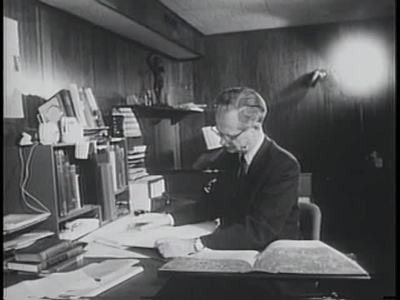
Burrhus Frederic Skinner
The founder of behavioural psychology, Burrhus Frederic Skinner, was an early advocate of scheduling uninterrupted blocks of time as part of his daily routine. Over the course of many decades, he protected an uninterrupted block of time for writing first thing in the morning. His first alarm rang at 5am, when he would begin work at a special desk in the same room in which he slept. A second alarm rang two hours later to signal completion. In this way, he maintained a prodigious output across his career and late into his life.
Along similar lines, John Maxwell explains the story of a young, concert violinist. She was asked how come she had managed to become so accomplished at such a young age. Her reply was “planned neglect”.
‘When I was in music school, there were many things that demanded my time. When I went to my room after breakfast, I made my bed, straightened the room, dusted the floor, and did whatever else came to my attention. Then I hurried to my violin practice. I found I wasn’t progressing as I thought I should, so I reversed things. Until my practice period was completed, I deliberately neglected everything else. That program of planned neglect, I believe, accounts for my success’” (Developing the Leader Within You, 1993, pp. 28-29).
Ultradian Rhythms
In the human body, an ultradian rhythm is a recurring period or cycle that is repeated through out a 24-hour day, and may last from minutes up to 12 hours.
In the 1950s, sleep researchers discovered that the human body progresses through 90 to 120 long minute cycles. During each sleep cycle, the body transitions through stages of light and deep sleep, as well as REM sleep (dreaming).
During the day, your body also moves through ultradian rhythms on the same cycle, corresponding to changing levels of alertness. Every 90 to 120 minutes, your body moves through a period of high energy, followed by fatigue.
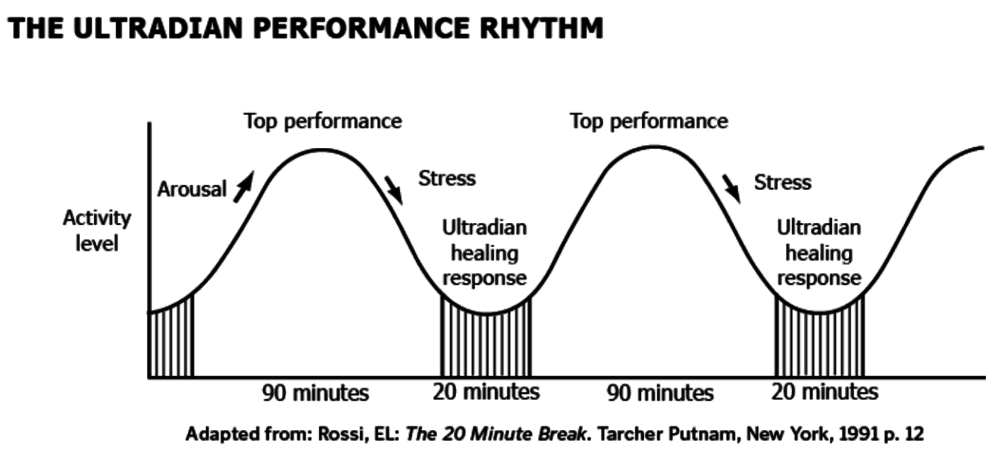
This approach is supported by the regular practice of violinists, as observed by Psychologist Anders Ericsson. In his study, he noted that they practised in the morning, for 3 sessions, and each session was 90 minutes or less, with a break between each session, where some even slept.
To take advantage of your ultradian rhythms, work on your most pressing task for up to 90 minutes. Pay attention to your body, and when you are feeling tired, you might be nearing the low point of your ultradian cycle, and it’s time to take a 20-30 minute rest.
If you are not able to take a rest at work, you might switch to an easier task that requires less concentration. Ideally though, take a complete break!
Pomodoro Technique
The Pomodoro Technique is a time management tool created by Francesco Cirillo in the late 1980s.
It involves breaking your day into 30 minute periods, with 25 minutes of focus, and 5 minutes of rest. After three or four pomodoros, you take a rest of 20 minutes.
You may like to combine your ultradian rhythms with the Pomodoro technique, with 3 pomodoros of 30 minutes each, followed by a break of 30 minutes. This approach aligns with your ultradian rhythm of 90 minutes of activity, and 30 minutes of rest.
Co-work with a friend

If you are working from home or often alone when you are working, you may find it helpful to find a regular work buddy to co-work with. Someone to keep you company and also keep your accountable. They may just be quietly sitting in the same room as you involved in their own tasks.
For the same benefits, you might like to work at a co-working space. Or you can try out virtual co-working! Check out Focus Mate.
Focus Mate: https://www.focusmate.com/
Focus Mate works like this. Book in a session and you are matched with a co-working partner. At the appropriate time, launch a video session, declare your goal to your partner, and then focus on getting your work done.
Priorities over Productivity
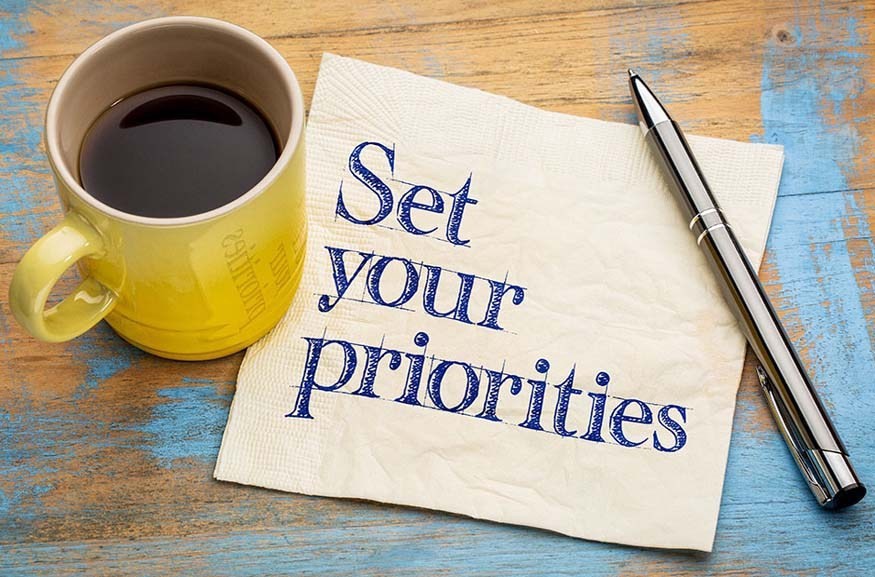
All the time-management skills in the world won’t help without a focus on the right priorities.
It’s important to take a step back and see if you are working on your important, rather than the urgent, priorities. Are you spending too much time on reacting, rather than on pre-defined goals for the business and life you want to create?
Here are some questions to ask yourself before adding a task to your to-do list:
- Can you outsource or delegate this task?
- Are you saying Yes when you should be saying No?
- Does this task require your unique skills?
- If you need to add this task, what other task can be removed from your list?
Low bar habits
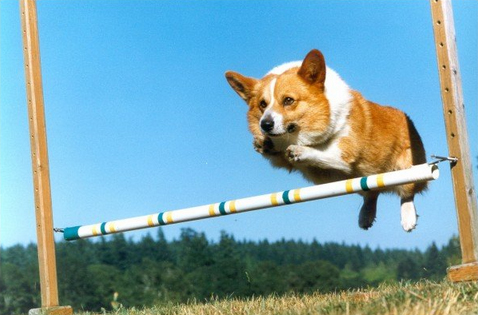
A crucial aspect to effective habit formation is to set realistic goals. It is much better to select an easy to achieve daily goal, and then focus on being 100% consistent with this goal. When I was younger, I was always attempting to set difficult goals, where large amounts of will-power were required to complete these each day. Inevitably, I would end up not completing the goal after only a short period of time.
By setting an easier goal, ideally one that can be completed quickly, one can build consistency, and then very slowly increment the difficulty of this goal. As part of giving yourself permission to select an easier goal, it is important to make a commitment to always complete this goal - no excuses!
When do you do your best work?

Even for night owls, it’s important to do your most important work earlier in the day, when you are most alert, not long after you have gotten up. Research clearly shows that tasks that require short-term memory are performed better earlier in your day. So, perform your critical analyses in the morning, when your cognition is at its sharpest.
Research conducted by Simon Folkard (1975) involved two tests for participants, where they performed logical reasoning tasks at different times during the day. Participants performed the test faster earlier in the day, with accuracy dropping as the day progresses.
Afternoon drowsiness is also real thing, and often occurs soon after lunch. There are many reasons for the afternoon dip. If you have had a significant meal, the body may be diverting energy to the digestive system. We also have a drop in body temperature in the afternoon between 2pm and 4pm, that is a part of our circadian rhythm, with this drop releasing melatonin. This may cause you to become tired, and is the reason why many cultures have the afternoon Siesta.
So if you do need to get work done in the afternoon, considering filling in the afternoon with your easier tasks.
End of the day list
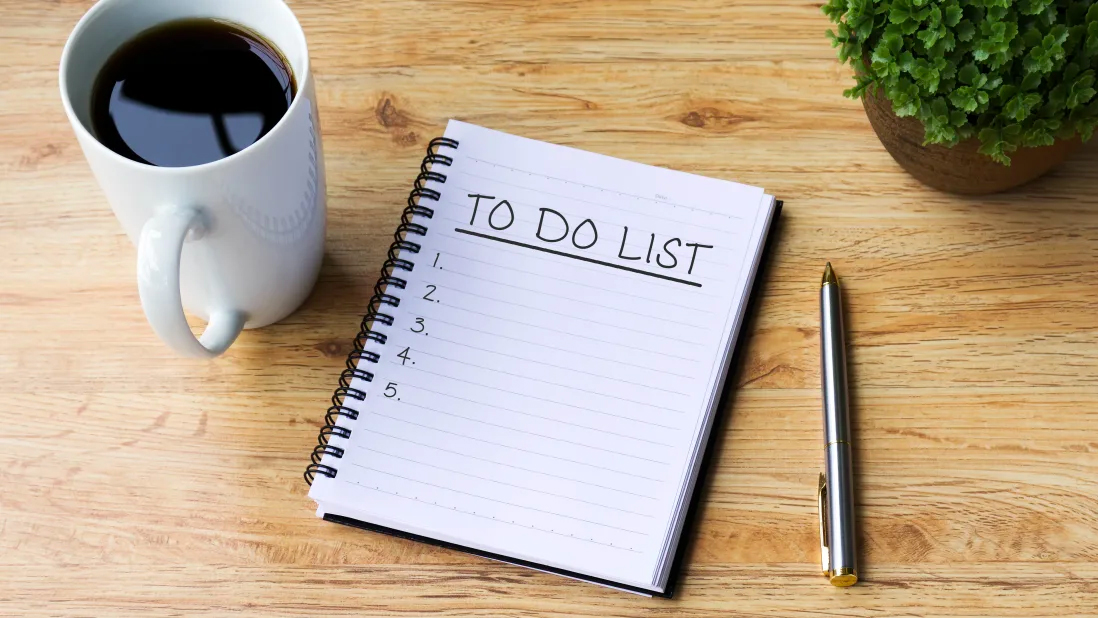
In order to reduce stress and stop that nagging feeling of unfinished tasks at the end of the work day, one approach is write an end of day list. This would usually be the last thing you do before you end for the day.
List your unfinished tasks or update your ongoing task list. Record any tasks that need to be done the following day. It’s important to give yourself closure for the day on unfinished tasks. This will also give yourself a break from remembering all the details, and avoid waking up in the middle of the night worrying that you won’t remember an important task.
A good complement to the end of day list, is a start of day list, where you review the notes from the day before and assign priorities for the day.
Get out and exercise

A large number of studies show that physical activity enhances and supports brain function, cognition and mental health. Even mild exercise, such as walking, can lead to growth in brain cells and promote brain plasticity.
A recent study shows that weekly moderate physical activity increased cognitive function by 5% for men, and 14% for women. When moderate physical activity is combined with vigorous activity each week, the positive effect extended to 8% for men, and 15% for women. These are not small benefits!
Charles Darwin, the famous naturalist that discovered the theory of evolution, was an advocate of daily walks. They played an important role in the development of his ideas. Darwin had a sand-walk installed around his home, his “thinking path” that he often walked many times a day.
Dr. Arne Dietrich, a professor at the American University of Beirut coined the term “transient hypofrontality", to represent the connection between exercise and deep thinking. Essentially this means that under certain conditions, the focused part of the brain is given a rest, allowing other parts to function and become dominant. In this state, unusual and unexpected thoughts may arise.
Be kind to yourself
It’s important to adopt a “keeping going” attitude to time management, especially after you have an unproductive day. You are human, forgive yourself for getting distracted or having a difficult day.
“Tomorrow is a new day with no mistakes in it... yet.”
― L.M. Montgomery, Anne of Green Gables


